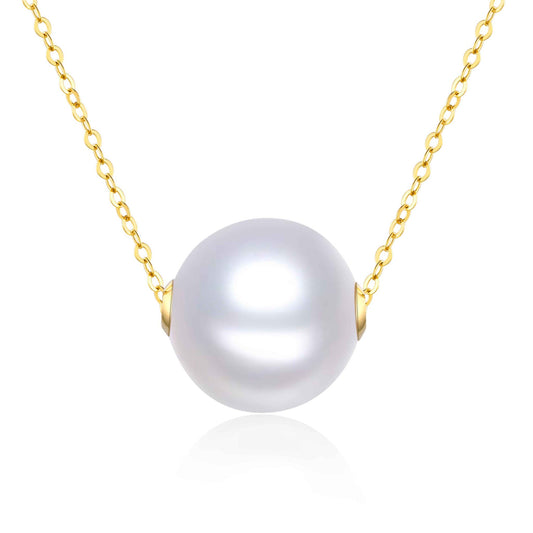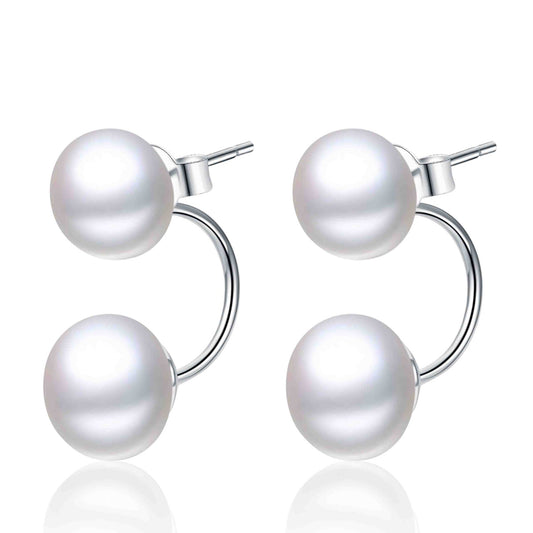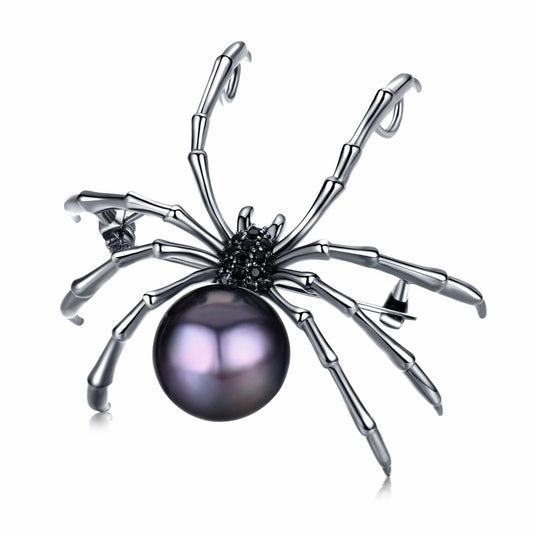
Celebrating Independently-Minded Women in America
Share
With Independence Day around the corner, we celebrate independent, free-thinking women who shaped American history.
Fighting for Women’s Rights & Education
From early on, women fought for their rights – whether it was to own land, to give girls the opportunity for a good education, or for equal rights in the workplace. Here are some women who stand out in history:
- Margaret Brent: In 1639, Brent became the first female landowner in Maryland. A close friend of Governor Leonard Calvert, he appointed her the executor of his estate. The Provincial Court appointed Brent as Lord Baltimore’s attorney-in-fact in 1648 and, as part of her duties, she made sure soldiers were paid and fed and her actions helped to avoid mutiny in the colony. She was a significant founding settler of both Maryland and Virginia. She was also the first woman in North America to appear before a common law court.
- Sarah Josepha Hale: The author of the nursery rhyme “Mary had a little lamb” was a fierce supporter of education for girls. After her husband’s death in 1822, Hale launched her writing and magazine editing career to support her five children. She was instrumental in changing minds to allow girls into professions like teaching, and later medicine.
“In this age of innovation perhaps no experiment will have an influence more important on the character and happiness of our society than the granting to females the advantages of a systematic and thorough education.” – Sarah Josepha Hale
- Gloria Steinem: In the late 1960s and early 1970s, Steinem became nationally recognized as the spokeswoman for the feminist movement. She is a journalist and social and political activist and is currently speaking about the issues of equality throughout the world.
In 1920, American women got the right to vote – after 70 years of fighting for this right. Over the years, there were many women who helped fight for the right to vote. Here we highlight some of the most prominent:
- Lucy Stone: In 1847, Stone became the first woman in Massachusetts to earn a college degree. She was a vocal advocate for women’s rights and the abolishment of slavery at a time when women were discouraged and even prevented to speak in public. Stone kept her maiden name after her marriage – something that was severely frowned upon at the time. She founded the Woman’s Journal, a weekly magazine about women’s rights.
- Lucretia Mott: Mott believed that the roles women played in society at the time were due to limited education, not inferiority. She supported equal political rights and economic opportunities.
- Elizabeth Cady Stanton: Stanton helped form the first women’s rights convention in 1848, with Lucretia Mott.
“Self-development is a higher duty than self-sacrifice.” – Elizabeth Cady Stanton
Women in Politics
Not so long ago, women were not allowed to participate in political affairs. Here are some women who helped changed the gender gap in politics:
- Jeannette Rankin: Elected in 1916, Rankin was the first woman in Congress. Prior to joining Congress, she was a professional lobbyist for the National American Woman Suffrage Association (NAWSA), and her efforts helped women in Montana to gain the vote in 1914.
“I may be the first woman member of Congress, but I won’t be the last.” – Jeannette Rankin
- Eleanor Roosevelt: The wife of President Franklin D. Roosevelt, she dramatically changed the role of the first lady through her active participation in American politics. During her husband’s presidency, Roosevelt wrote a newspaper column, gave press conferences, and spoke about human rights, children’s causes, and women’s issues. After his death, she became the delegate to the United Nations and served from 1945 to 1953. She also served as the chair of the UN’s Human Rights Commission.
“Women are like teabags. You don’t know how strong they are until you put them in hot water.” – Eleanor Roosevelt
- Madeleine Albright: In 1993, Albright became the US Ambassador to the United Nations. In 1997, she was appointed as the first female US Secretary of State. In 2012, she was awarded the Presidential Medal of Freedom. Albright holds a Ph.D. from Columbia University, as well as numerous honorary degrees.
Women in Sports, Adventure, and Entertainment
Woman can hold their own when it comes to adventure, entertainment, and sports. Here are some of the women who excelled:
- Amelia Earhart: An aviation pioneer, author, and idol to many, Earhart was the first female aviator to fly solo across the Atlantic Ocean. She helped form The Ninety-Nines, an organization supporting female pilots. She was also an advisor to the aeronautical engineering faculty at Purdue University and a career counselor to female students. In 1937, she disappeared near Howland Island during an attempt to make a circumnavigational flight of the globe.
“The woman who can create her own job is the woman who will win fame and fortune.” – Amelia Earhart
- Florence Chadwick: Chadwick was 32 years old when she became the first woman to swim the English Channel both ways in 1951. She attempted the crossing ten times, of which she successfully completed four legs.
- Katherine Hepburn: This leading lady was known for her fierce independence and outspoken personality. Hepburn wore trousers before it was fashionable for women to do so and lived her life independently and out of the spotlight. During her career of more than 60 years, Hepburn won four Academy Awards for Best Actress. She died in 2003.
High-Achievers
Many women achieve great results each day, but here are some pioneers:
- Bridget ‘Biddy’ Mason: Born a slave, Biddy had to fight for her freedom in an LA court in 1856. California, where she lived at the time, was a free state, but her ‘owner’, Smith, wanted to move them to Texas, where slaves weren’t free, to sell his slaves there. After winning in court and becoming free, she worked in Los Angeles as a nurse and midwife. She became one of the first African-Americans to purchase land in the city. A real-estate businesswoman, she accumulated a relatively large fortune for the time – nearly $300,000 – which she generously shared with charities.
- Ellen Swallow Richards: Richards was an industrial and environmental chemist, and the first to apply chemistry to the study of nutrition. She was the first woman admitted to any school of science and technology in America, and also the first woman to obtain a degree in chemistry. She graduated from MIT in 1872.
- Winifred Edgerton Merril: Merril was the first woman in the US to obtain a Ph.D. in Mathematics, and the first to receive a degree from Columbia University. She achieved her Ph.D. with high honors in 1886. She was instrumental in the formation of the Barnard College in 1889, New York’s first institution to award women a degree in liberal arts. She also founded the Oaksmere School for Girls in 1906.
- Elizabeth Blackwell: In 1849, Blackwell became the first female physician in the US and the first woman listed on the UK Medical Register. Originally born in Britain, Blackwell had to fight to get permission to study and work in the medical field. She advocated for the education of women in medicine.
- Sandra Day O’Connor: Appointed in 1981, O’Connor became the first woman justice on the US Supreme Court, a position she held for 24 years.
“The power I exert on the court depends on the power of my arguments, not on my gender.” – Sandra Day O’Connor



